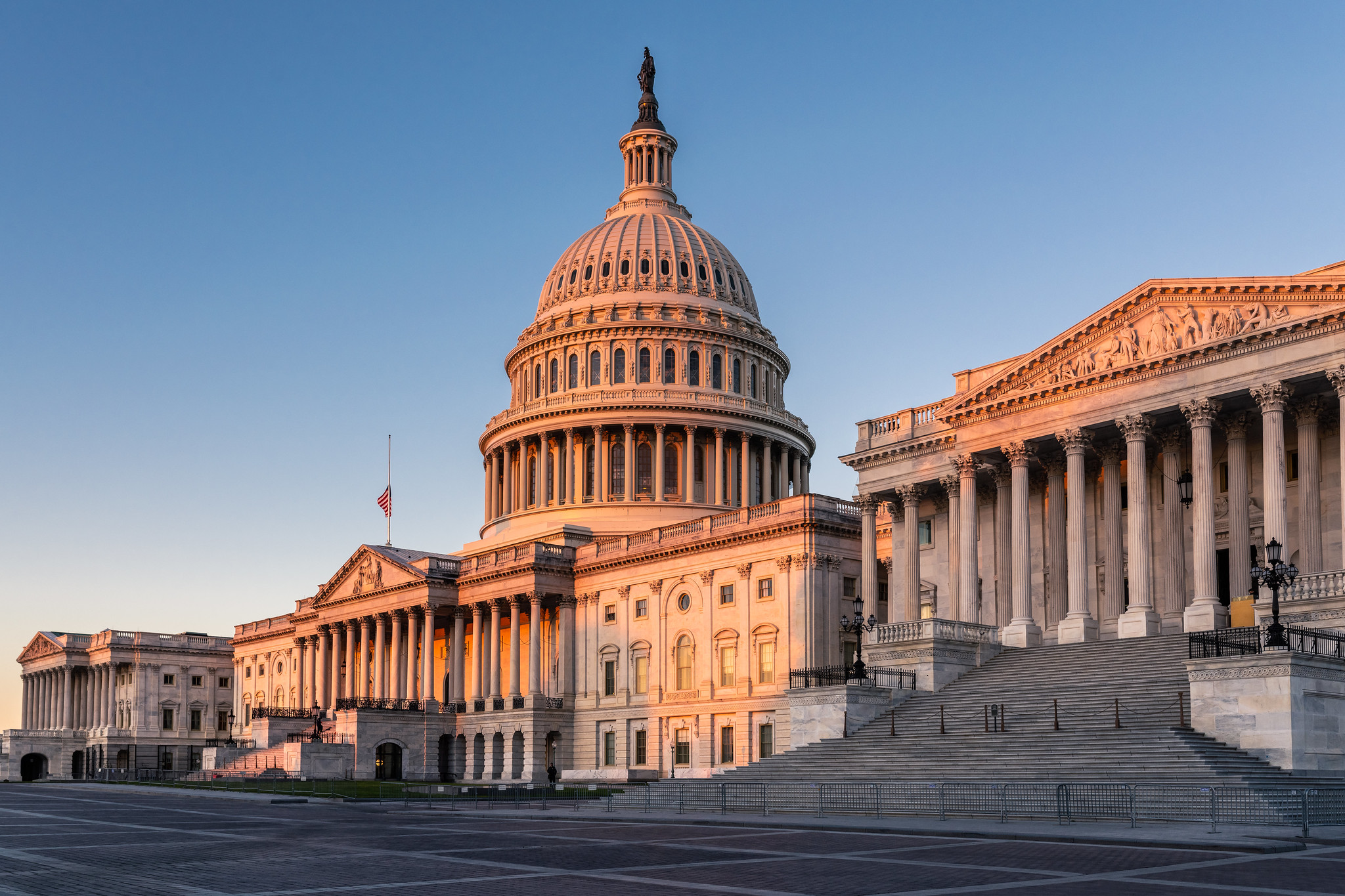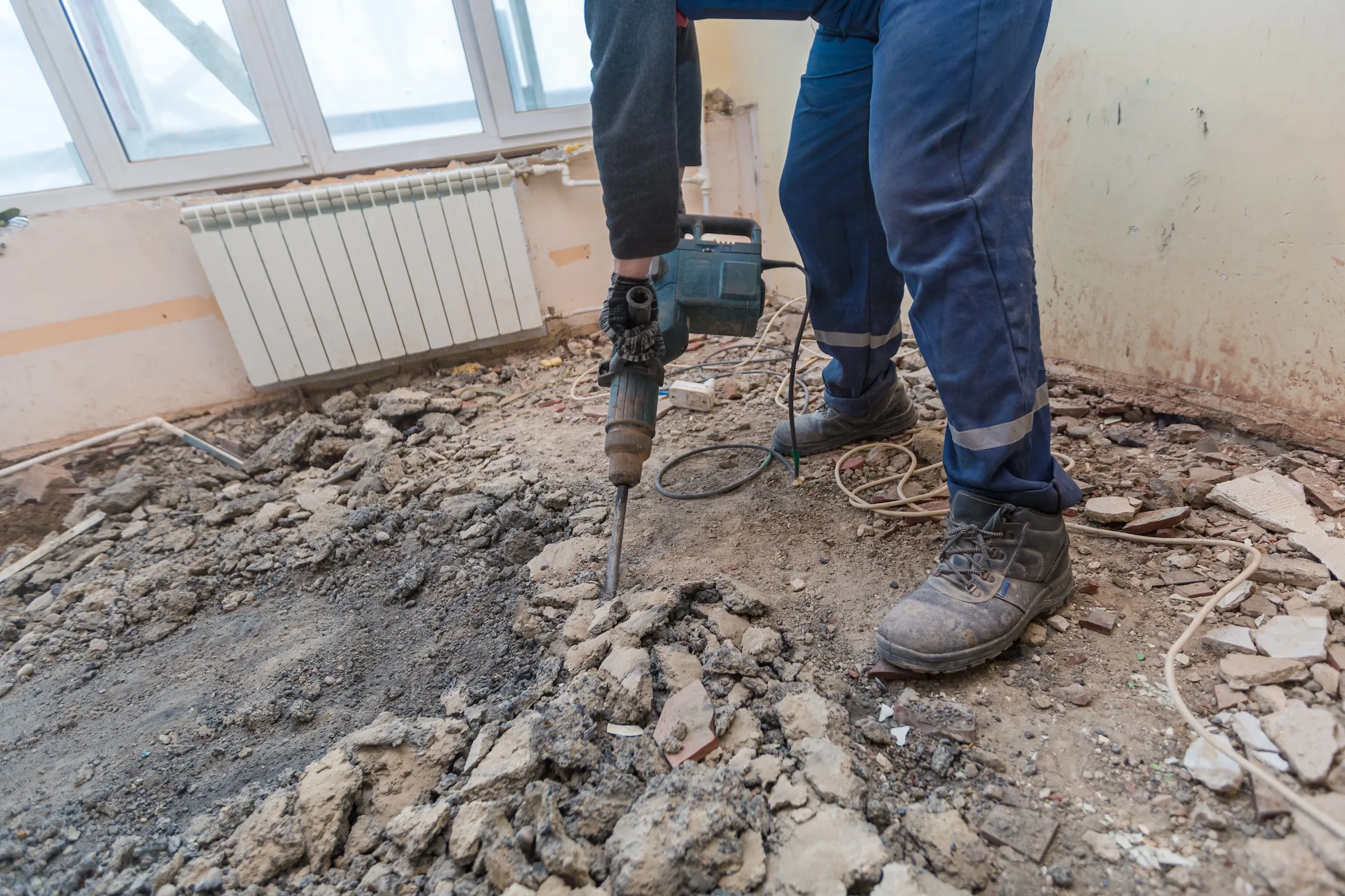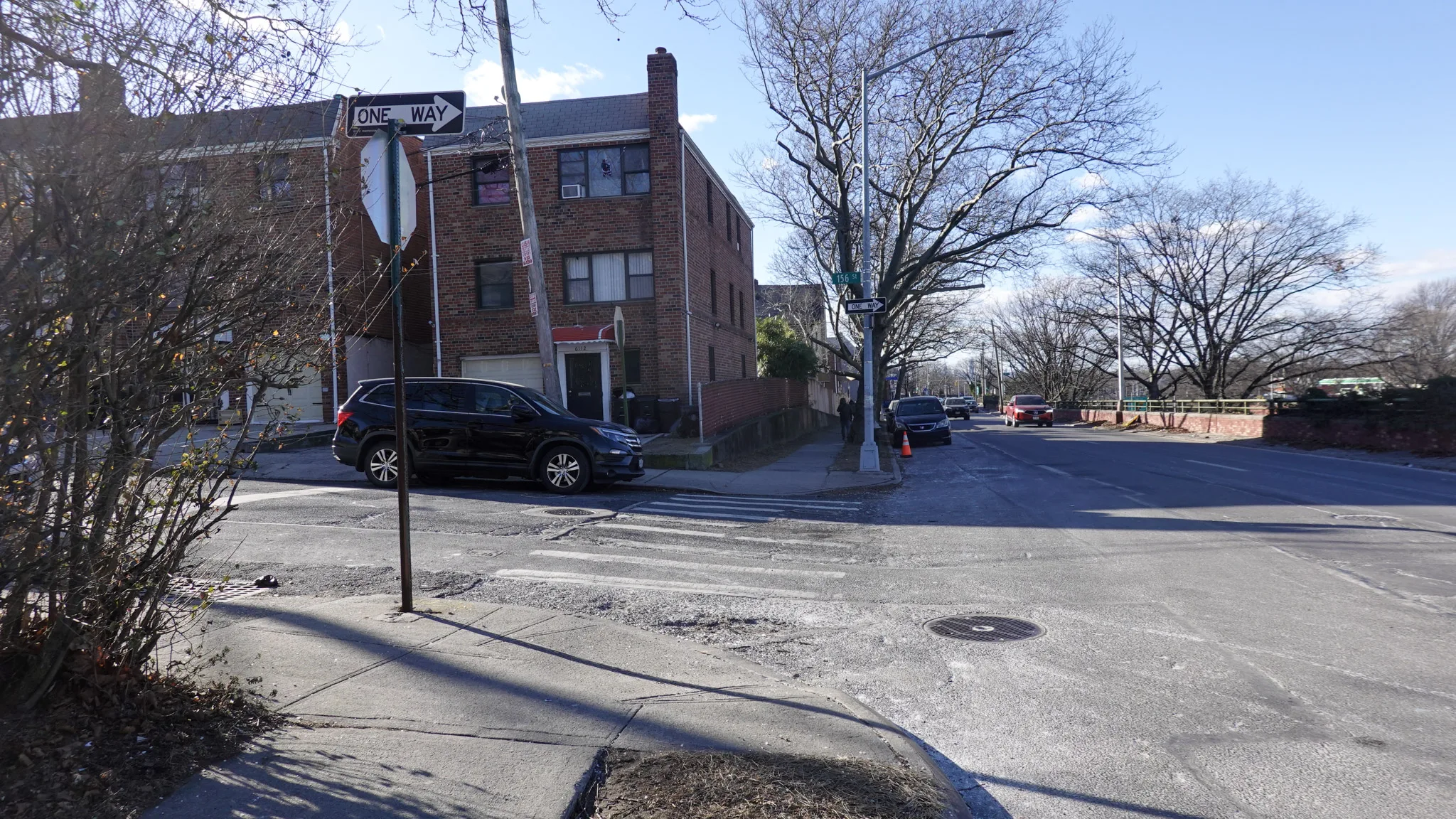Just have a minute? Here are the top stories you need to know about immigration. This summary was featured in Documented’s Early Arrival newsletter. You can subscribe to receive it in your inbox three times per week here.
Washington D.C.
U.S. border security: What could Biden, Congress and Texas do?
President Biden considers blocking migrants at the U.S.-Mexico border, facing GOP opposition to bipartisan legislation granting such power. — Reuters
Around the U.S.
Iowa governor Kim Reynolds signs “illegal reentry” migrant bill into law:
The bill will make it a state crime for a person to be in the state if they were previously denied entry to the U.S. or were removed from the country. — The Hill
More than half of foreign-born people in U.S. live in just 4 states and half are naturalized citizens:
Over half of the foreign-born population in the country lives in California, Texas, Florida and New York, who are growing older and more educated in the past dozen years. — Documented
Homeland Security Secretary Alejandro Mayorkas impeachment proceedings pushed to next week:
Speaker Mike Johnson delays sending impeachment articles against Mayorkas to the Senate, who was accused by the Republicans for failing to enforce border laws. — ABC News
Undocumented Indian migrants chart new path to U.S. via Canada:
Largely driven by economic aspirations and perceived asylum opportunities, an increasing number of Indians enter the U.S. through Canada. — VOA News
Immigration raises unemployment concerns, economists note economic benefits:
As of March, there were 31 million immigrants that joined the workforce, Bureau of Statistics data shows. — NBC24 News
Denver makes major shift in migrant response by extending support to six months but limiting access:
Denver’s new program will place asylum seekers in apartments for up to six months, but only with some 1,000 spaces. — ABC News
New York
The Ellis Island Museum is revitalizing the story of American immigration:
A $100 million renovation helps to preserve the history of 12 million immigrants passing through the island in the late 19th and early 20th centuries. — Smithsonian Magazine














